Home>Gardening & Outdoor>Landscaping Ideas>How To Get Rid Of Pee Smell On Fake Grass
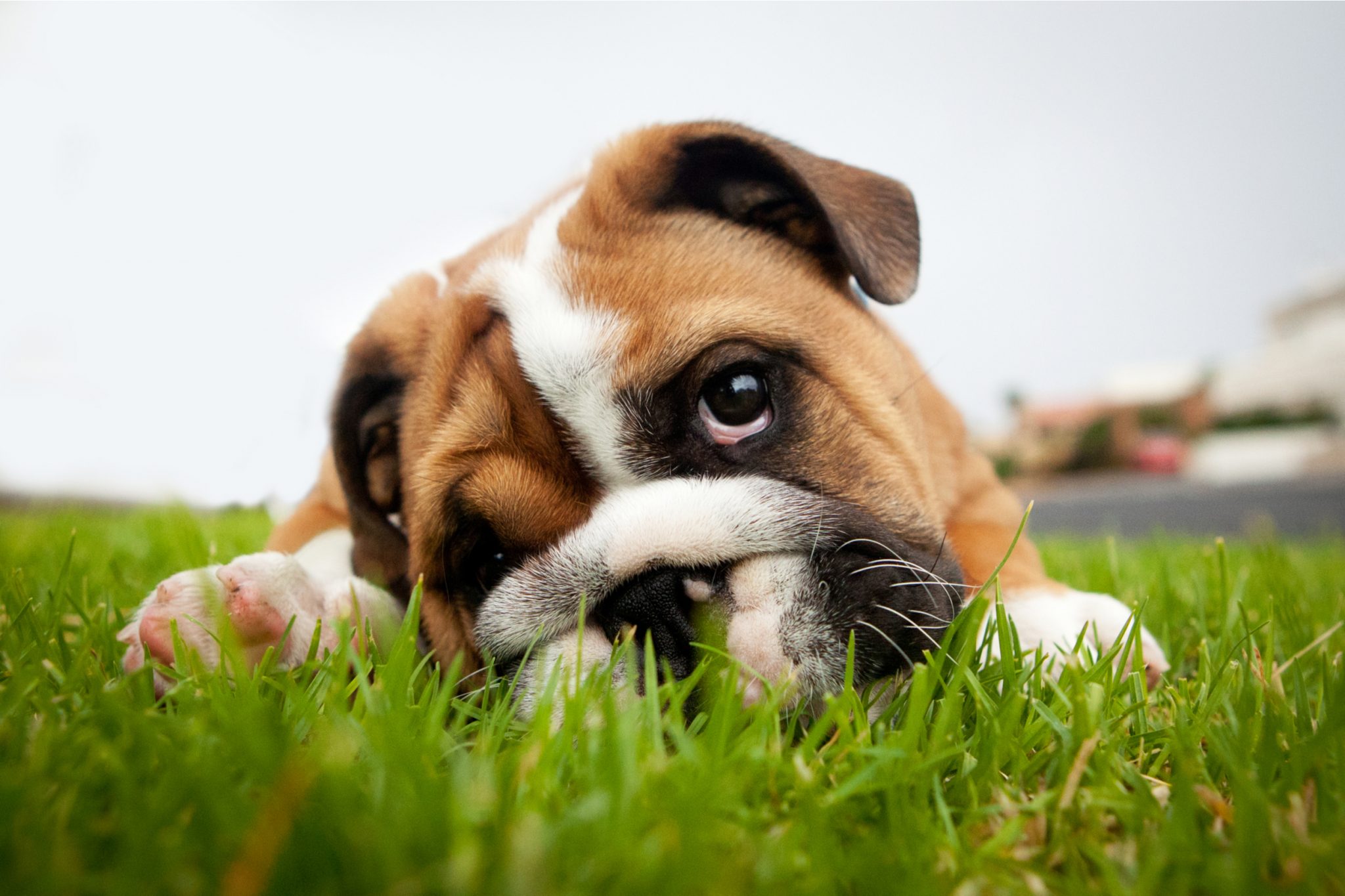

Landscaping Ideas
How To Get Rid Of Pee Smell On Fake Grass
Modified: February 18, 2024
Learn effective landscaping ideas to eliminate pee smell on fake grass. Discover practical tips for maintaining a fresh and odor-free outdoor space.
(Many of the links in this article redirect to a specific reviewed product. Your purchase of these products through affiliate links helps to generate commission for Storables.com, at no extra cost. Learn more)
Introduction
Artificial grass has become a popular choice for many homeowners due to its low maintenance and year-round greenery. However, one common issue that pet owners encounter is the persistent smell of urine on fake grass. The unmistakable odor can linger and become quite unpleasant, posing a challenge for pet owners who want to maintain a fresh and clean outdoor space.
In this comprehensive guide, we will explore the causes of pee smell on fake grass and provide effective solutions for eliminating it. Whether you're dealing with a new pet or have been struggling with lingering odors, these tips and tricks will help you restore the freshness of your artificial lawn. From natural remedies to commercial products and preventive measures, we've got you covered. Say goodbye to pee smell and hello to a pristine artificial grass surface that both you and your furry friend can enjoy.
Key Takeaways:
- Say goodbye to pee smell on fake grass by using natural remedies like vinegar, baking soda, and enzyme cleaners. These eco-friendly solutions neutralize odors without harsh chemicals, creating a fresh outdoor space for pets and owners.
- Prevent future pee smell on fake grass by establishing designated potty areas, prompt cleanup, regular maintenance, hydrogen peroxide soaks, and professional cleaning services. These proactive measures minimize urine odors, ensuring a pleasant outdoor environment for pets and owners.
Read more: How To Get Rid Of Pee Smell In A Mattress
Understanding the Causes of Pee Smell on Fake Grass
Before delving into the solutions, it’s essential to understand why pee smell lingers on fake grass. When a pet urinates on artificial turf, the urine penetrates the surface and can get trapped in the base material, such as rubber pellets or sand. Unlike natural grass, which allows urine to seep into the soil and eventually dissipate, synthetic grass retains the odor, especially if not properly maintained.
Additionally, the ammonia in pet urine can contribute to the persistence of the odor. When urine breaks down, it releases ammonia gas, which intensifies the smell and can be challenging to eliminate. Furthermore, if the urine is not promptly cleaned or if the area is not adequately rinsed, bacteria can thrive, leading to an even stronger and more enduring odor.
Another factor to consider is the frequency of pet urination on the fake grass. High-traffic areas or spots where pets repeatedly relieve themselves can accumulate urine over time, exacerbating the smell and making it more challenging to address.
Understanding these causes is crucial in determining the most effective approach to eliminating pee smell on fake grass. By targeting the root of the issue, pet owners can implement strategies that not only neutralize existing odors but also prevent them from recurring.
Removing Pee Smell with Natural Solutions
When it comes to tackling pee smell on fake grass, natural solutions offer an effective and eco-friendly approach. These remedies are not only safe for pets and the environment but also work to neutralize odors at the source. Here are some natural methods to combat pee smell on artificial turf:
- Vinegar Solution: A mixture of water and white vinegar can be sprayed or poured onto the affected areas. Vinegar is known for its odor-neutralizing properties and can help break down the ammonia in pet urine. After applying the solution, allow it to sit for a few minutes before rinsing the area with water to remove any residual odor.
- Baking Soda: Sprinkling baking soda over the affected area can help absorb and neutralize odors. Leave the baking soda on the fake grass for a few hours or overnight, then thoroughly brush or vacuum it off. This simple yet effective method can help eliminate lingering pee smell.
- Hydrogen Peroxide and Dish Soap: A solution of hydrogen peroxide and mild dish soap can be used to treat stubborn pee odors. Mix these ingredients with water and apply the solution to the affected areas, allowing it to sit for a short period before rinsing thoroughly. This combination can help break down the components of pet urine and eliminate the associated odor.
- Enzyme Cleaners: Enzyme-based cleaners are designed to target and break down organic matter, including pet urine. These cleaners contain beneficial bacteria and enzymes that work to eliminate odors at a molecular level. Apply the enzyme cleaner according to the product instructions, allowing it to penetrate the fake grass and effectively neutralize the pee smell.
By utilizing these natural solutions, pet owners can effectively address pee smell on fake grass without resorting to harsh chemicals. These methods not only help eliminate odors but also contribute to a fresher and more inviting outdoor space for both pets and their owners.
To get rid of pee smell on fake grass, mix equal parts water and white vinegar in a spray bottle and spray the affected area. Let it sit for 10-15 minutes, then rinse with water. Repeat if necessary.
Using Commercial Products to Eliminate Pee Smell
For pet owners seeking convenient and potent solutions to combat pee smell on fake grass, a variety of commercial products specifically formulated for odor removal are available. These products are designed to effectively neutralize pet urine odors and restore the freshness of artificial turf. Here are some popular types of commercial products that can help eliminate pee smell:
- Pet-Safe Odor Neutralizers: Many pet-specific odor neutralizers are designed to target and neutralize urine odors without posing any harm to pets or the grass. These products are available in various forms, including sprays, concentrates, and ready-to-use solutions. When using pet-safe odor neutralizers, it’s important to follow the application instructions provided by the manufacturer for optimal results.
- Artificial Grass Cleaners: Specifically formulated for synthetic turf, artificial grass cleaners are designed to not only clean the surface but also eliminate odors. These cleaners often contain enzymes or bio-based ingredients that break down urine and other organic residues, effectively eradicating unpleasant smells. When selecting an artificial grass cleaner, look for products that are safe for pets and the environment.
- Deodorizing Granules or Powders: Some commercial products come in granule or powder form and can be sprinkled directly onto the fake grass to absorb and neutralize odors. These deodorizing products often contain natural ingredients such as zeolite, which effectively capture and eliminate urine odors, leaving the artificial turf smelling fresh and clean.
- Probiotic-Based Cleaners: Probiotic cleaners utilize beneficial bacteria to break down organic matter, including pet urine, at a microbial level. These products work to eliminate odors and restore the natural balance of the turf’s microbiome. Probiotic-based cleaners are eco-friendly and safe for pets, making them a popular choice for pet owners looking for sustainable odor control solutions.
When using commercial products to eliminate pee smell on fake grass, it’s essential to select options that are safe for pets, children, and the environment. Additionally, following the manufacturer’s guidelines for application and dosage will ensure the most effective odor removal results.
Preventing Future Pee Smell on Fake Grass
While addressing existing pee smell on fake grass is crucial, implementing preventive measures can help pet owners maintain a fresh and odor-free outdoor environment. By proactively managing pet behavior and regularly maintaining the artificial turf, pet owners can minimize the recurrence of urine odors. Here are some effective strategies for preventing future pee smell on fake grass:
- Establishing Designated Potty Areas: Training pets to use a specific area of the yard for potty breaks can help concentrate urine in one location, making it easier to manage and clean. By designating a specific spot and consistently guiding pets to use it, pet owners can minimize urine odors across the artificial turf.
- Prompt Cleanup: Immediately removing solid waste and promptly rinsing urine spots with water can prevent the odor from permeating the fake grass. Regularly rinsing the area with a hose can help dilute and flush away urine, reducing the likelihood of persistent odors.
- Regular Maintenance: Routine maintenance of the artificial turf, including brushing, aerating, and applying deodorizing treatments, can help prevent odors from lingering. Keeping the turf well-maintained and aerated promotes airflow and discourages the buildup of odor-causing bacteria.
- Hydrogen Peroxide Soak: Periodically soaking the artificial turf with a diluted hydrogen peroxide solution can help break down residual odors and bacteria. This proactive approach can prevent the accumulation of urine odors and maintain a fresh outdoor space.
- Professional Cleaning: Engaging professional artificial turf cleaning services can provide a thorough and deep cleaning of the fake grass, effectively removing any embedded odors and residues. Professional cleaners have the expertise and equipment to ensure comprehensive odor control and turf maintenance.
By implementing these preventive measures, pet owners can significantly reduce the likelihood of pee smell on fake grass, creating a more enjoyable outdoor environment for both pets and their owners. Consistent training, maintenance, and proactive odor control efforts can contribute to a pristine and inviting artificial turf surface.
Read more: How To Get Rid Of Pee Spots On Grass
Conclusion
Dealing with pee smell on fake grass can be a common concern for pet owners, but with the right strategies and proactive measures, it is possible to effectively eliminate odors and maintain a fresh outdoor environment. Understanding the causes of pee smell on artificial turf, utilizing natural solutions and commercial products for odor removal, and implementing preventive measures are key steps in achieving long-term odor control.
By addressing existing odors with natural remedies such as vinegar solutions, baking soda, and enzyme cleaners, pet owners can neutralize urine odors without resorting to harsh chemicals. Additionally, the use of commercial products specifically designed for artificial turf can provide convenient and potent solutions for eliminating persistent odors.
Furthermore, preventing future pee smell on fake grass through designated potty areas, prompt cleanup, regular maintenance, hydrogen peroxide soaks, and professional cleaning services can significantly reduce the recurrence of urine odors, creating a more enjoyable outdoor space for both pets and their owners.
Ultimately, maintaining a fresh and odor-free artificial turf involves a combination of proactive measures, effective products, and consistent maintenance. By implementing the strategies outlined in this guide, pet owners can enjoy a pristine outdoor environment while providing a comfortable and hygienic space for their beloved pets.
With these comprehensive solutions at your disposal, you can bid farewell to pee smell on fake grass and embrace a clean, inviting, and odor-free outdoor space for years to come.
Frequently Asked Questions about How To Get Rid Of Pee Smell On Fake Grass
Was this page helpful?
At Storables.com, we guarantee accurate and reliable information. Our content, validated by Expert Board Contributors, is crafted following stringent Editorial Policies. We're committed to providing you with well-researched, expert-backed insights for all your informational needs.
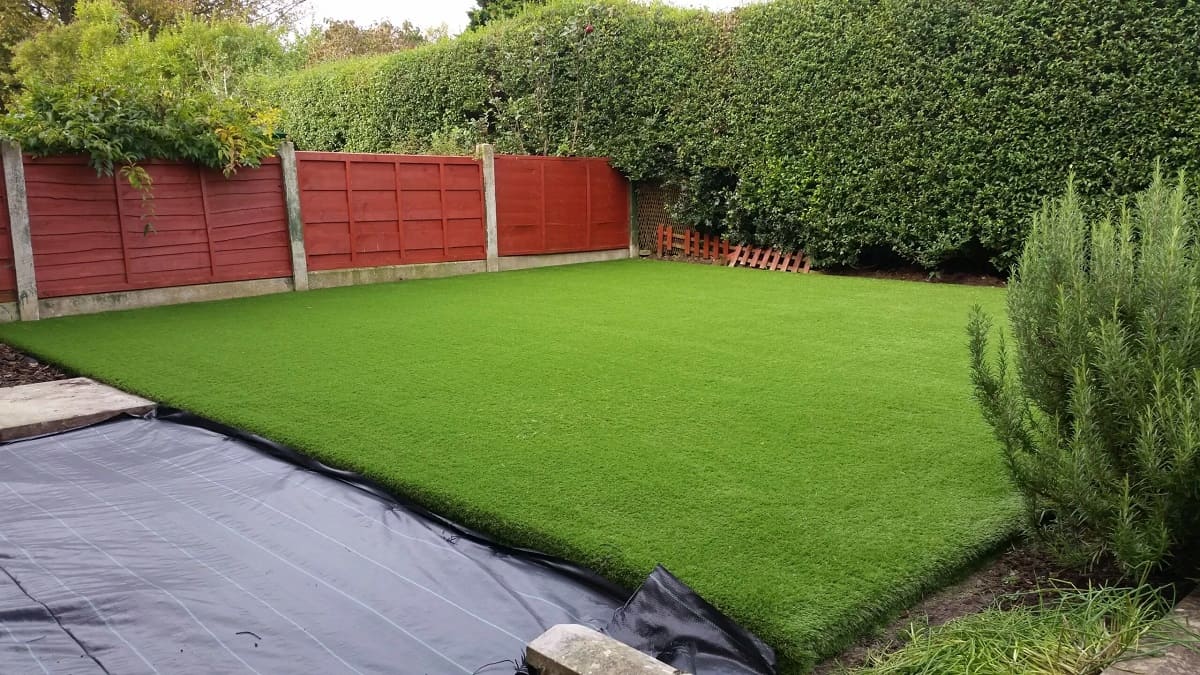
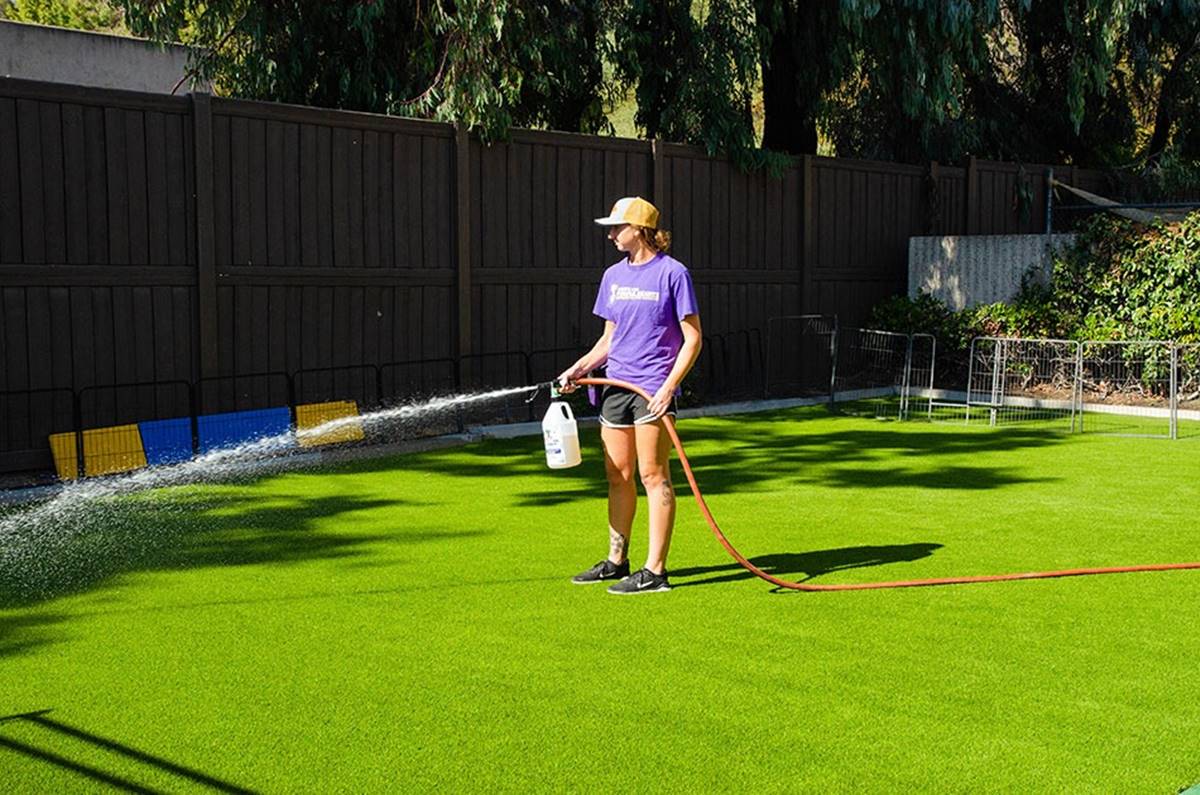
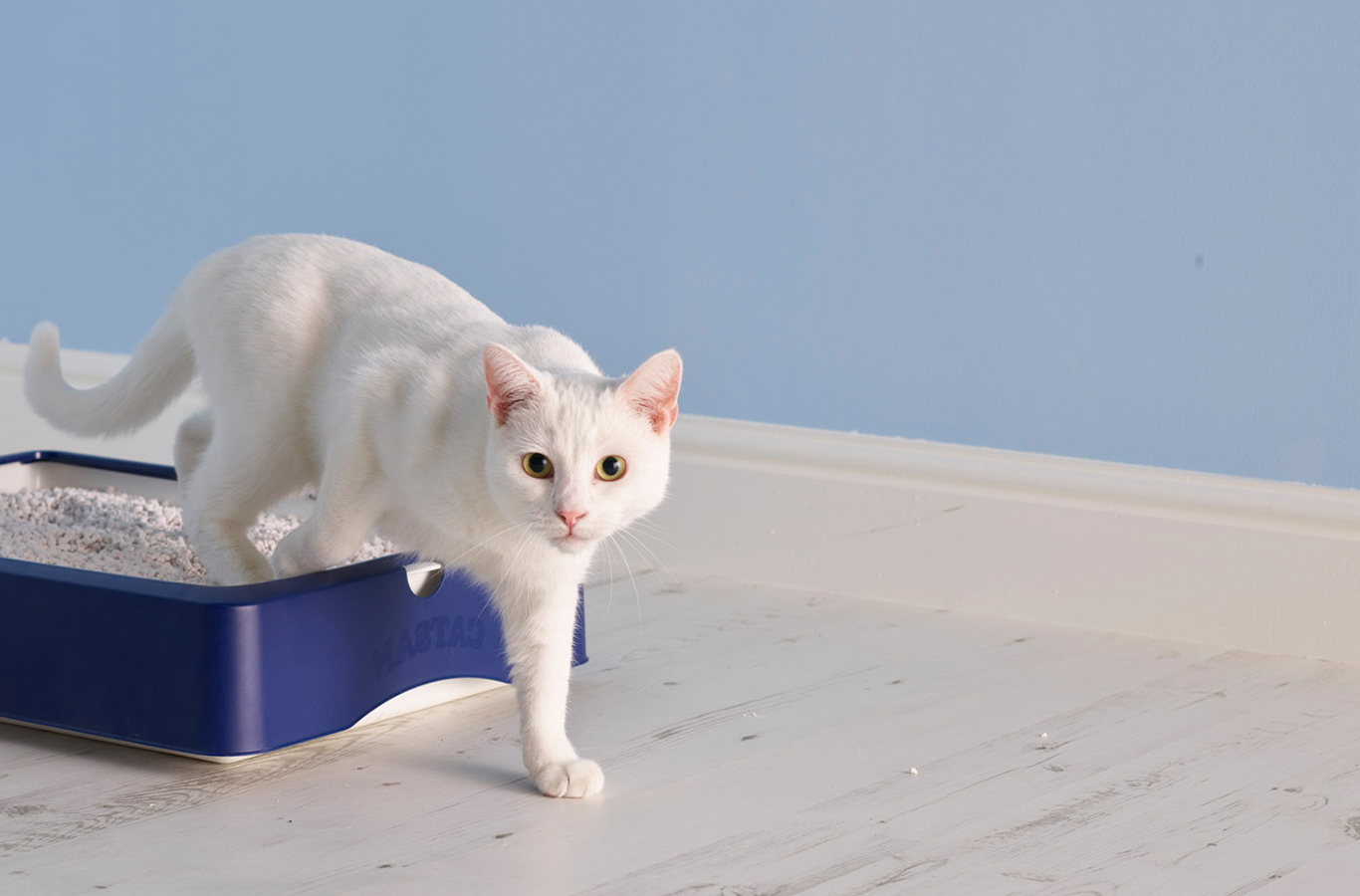
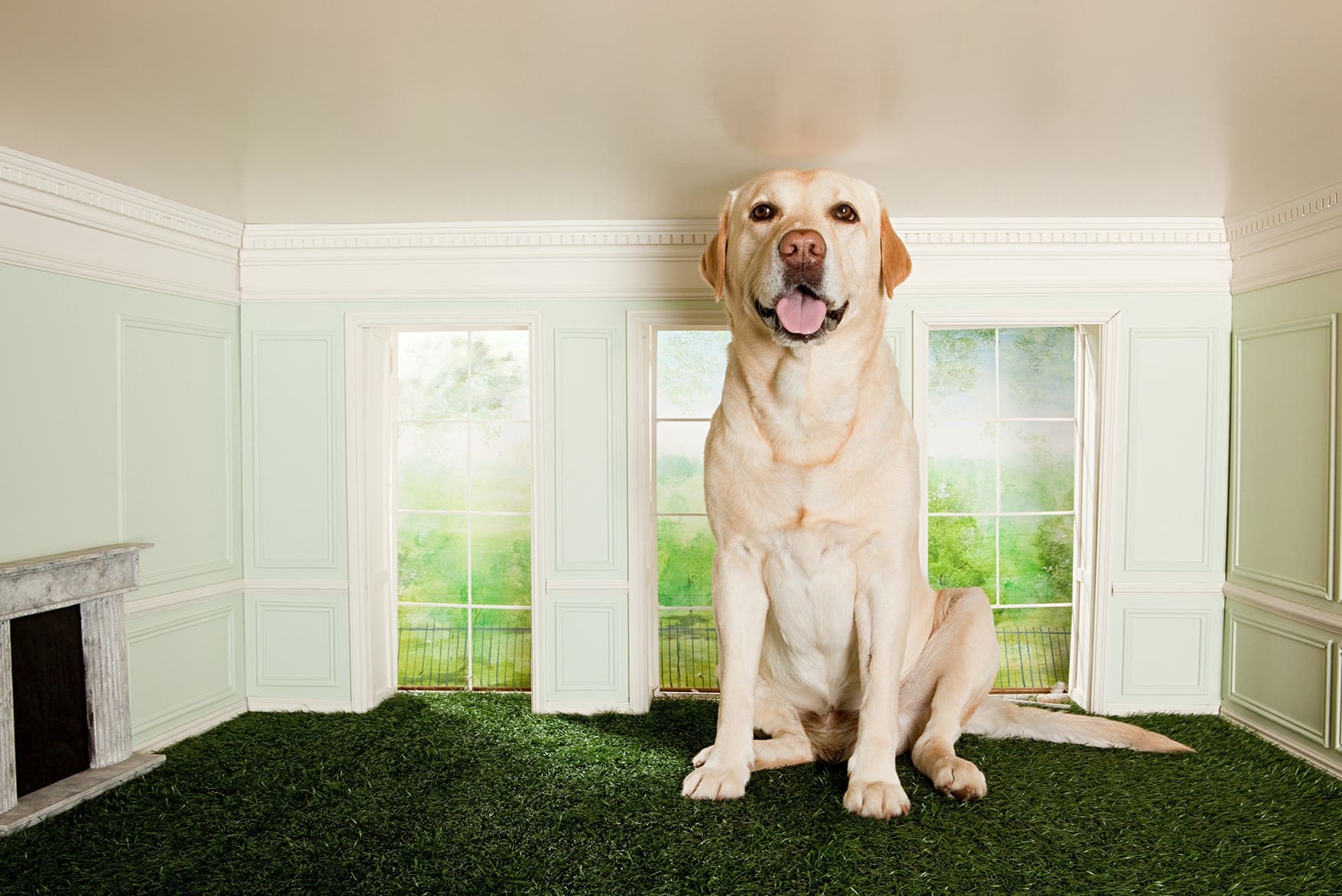
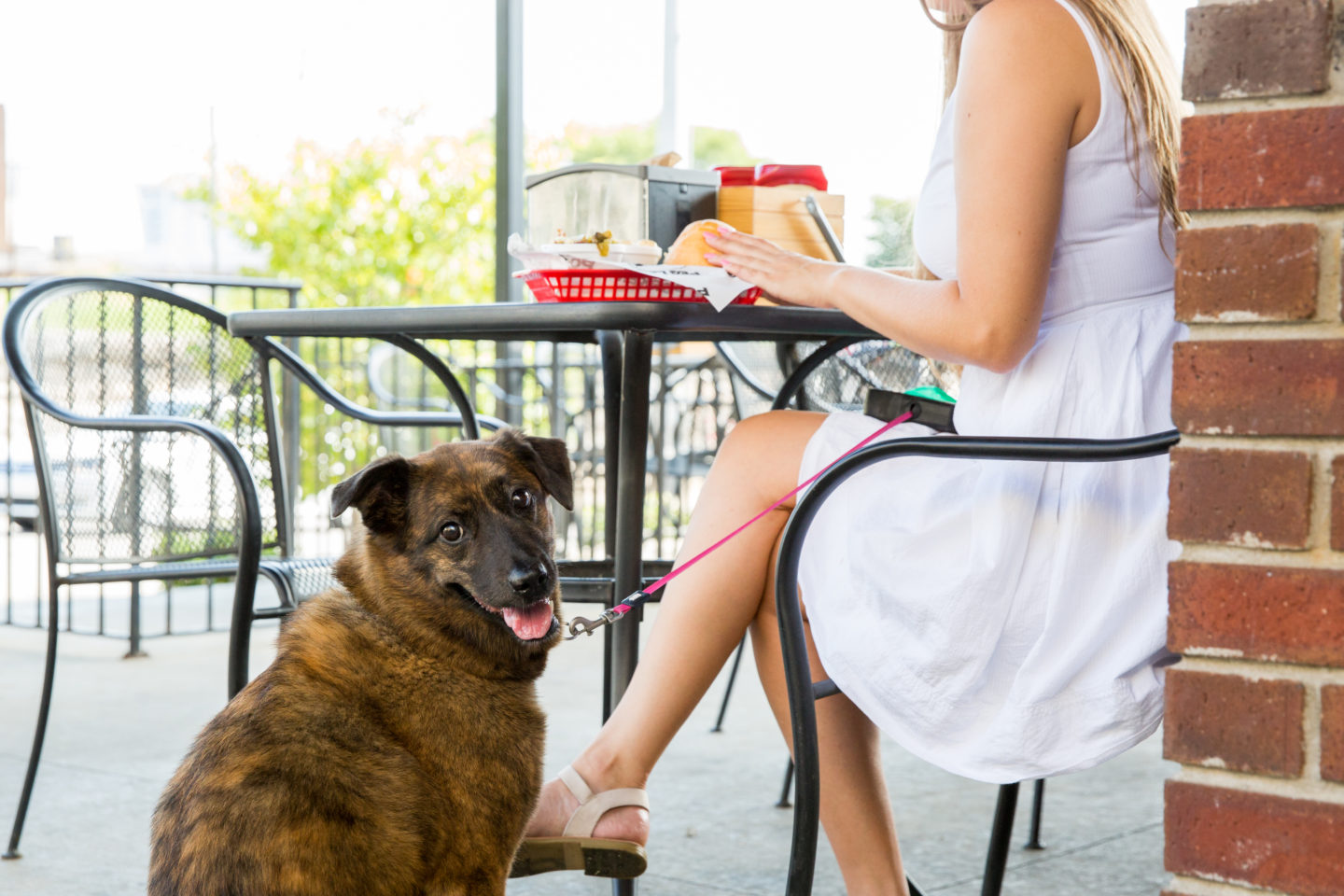
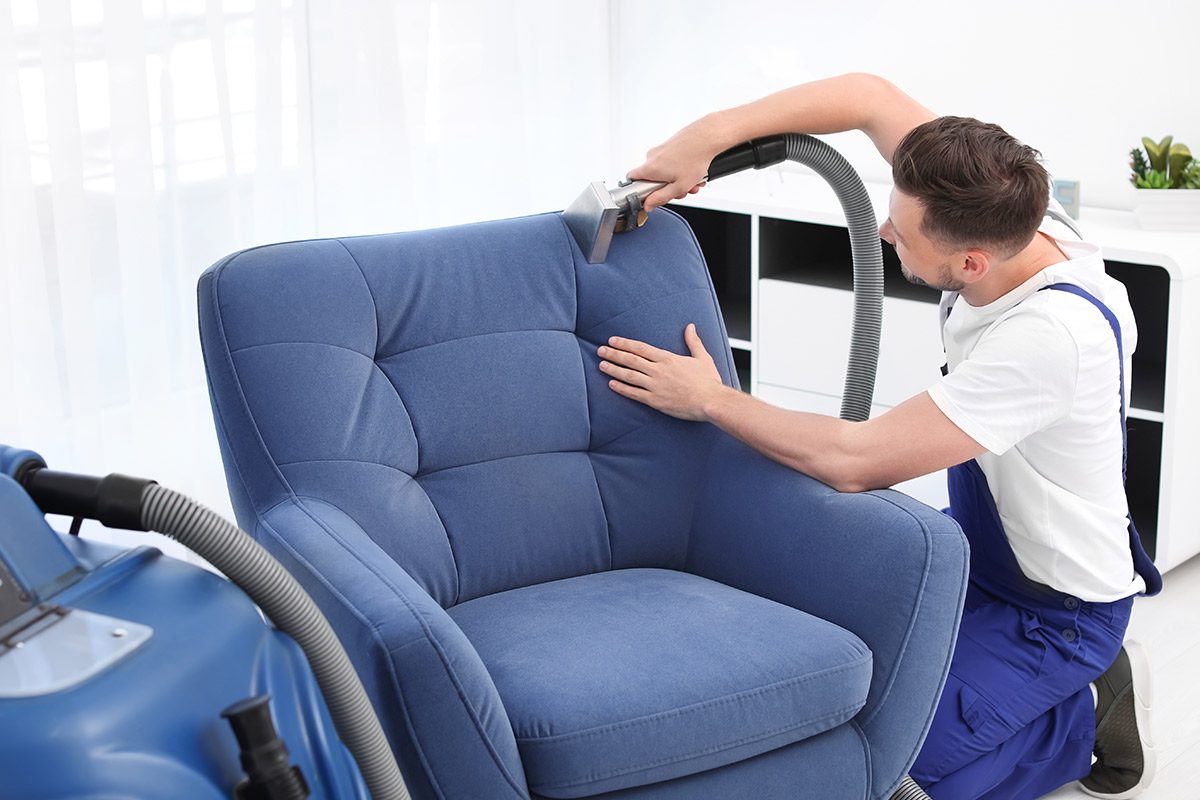
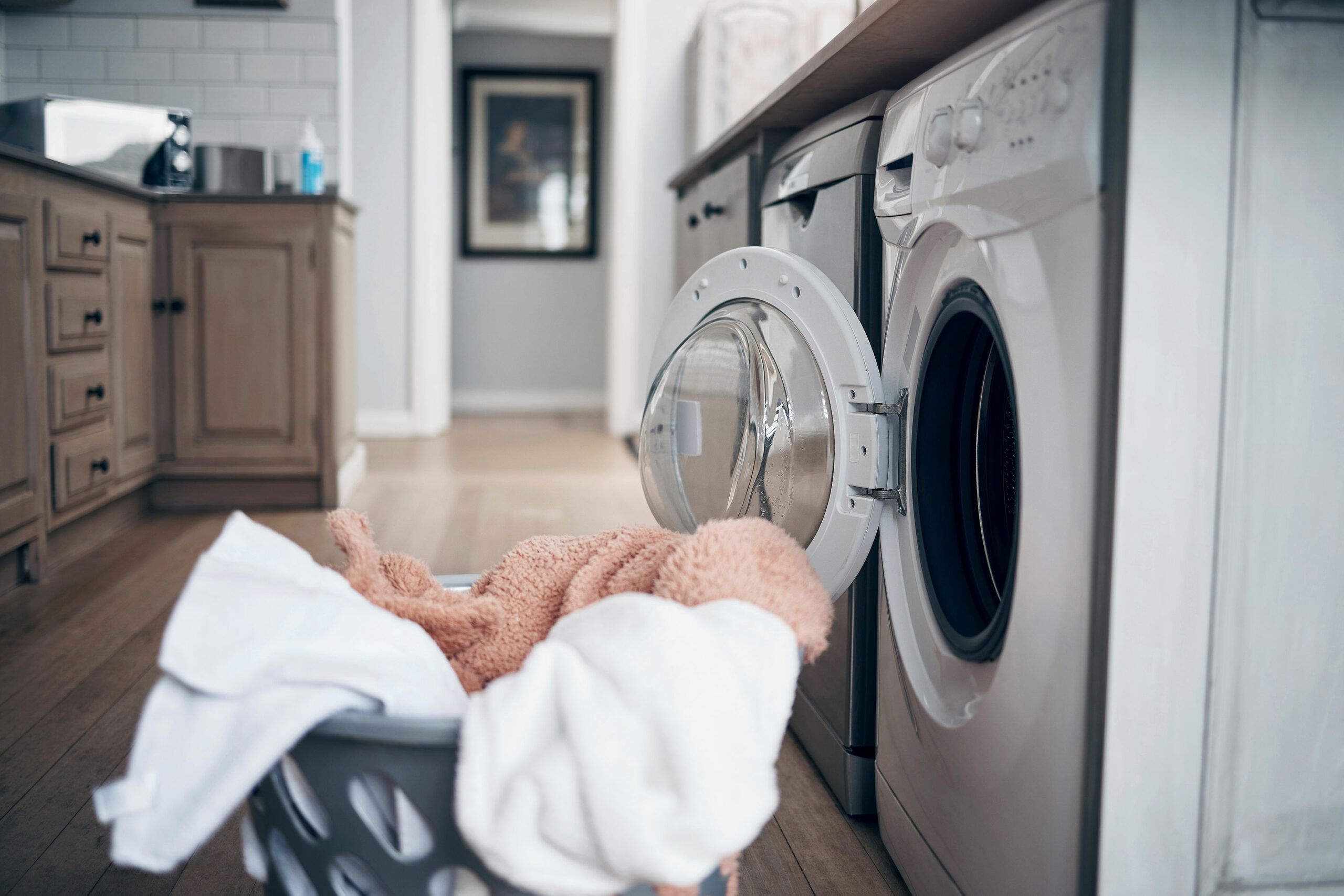
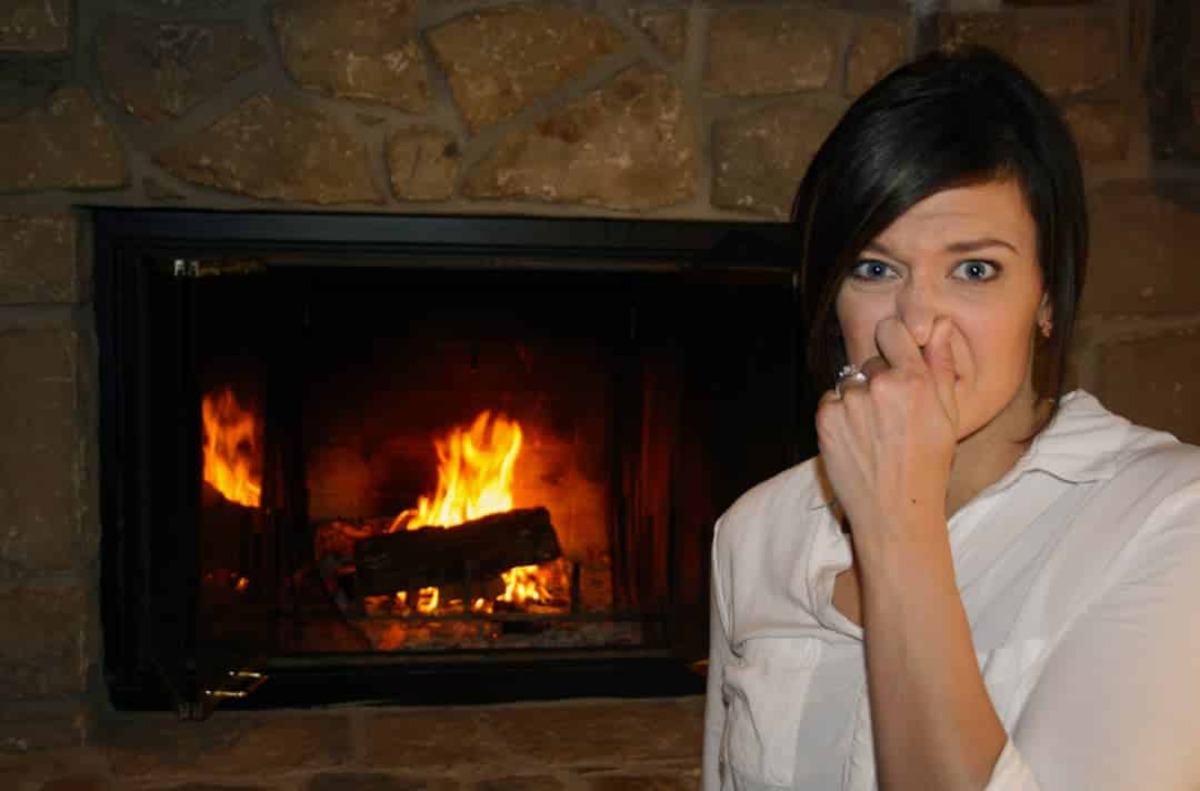
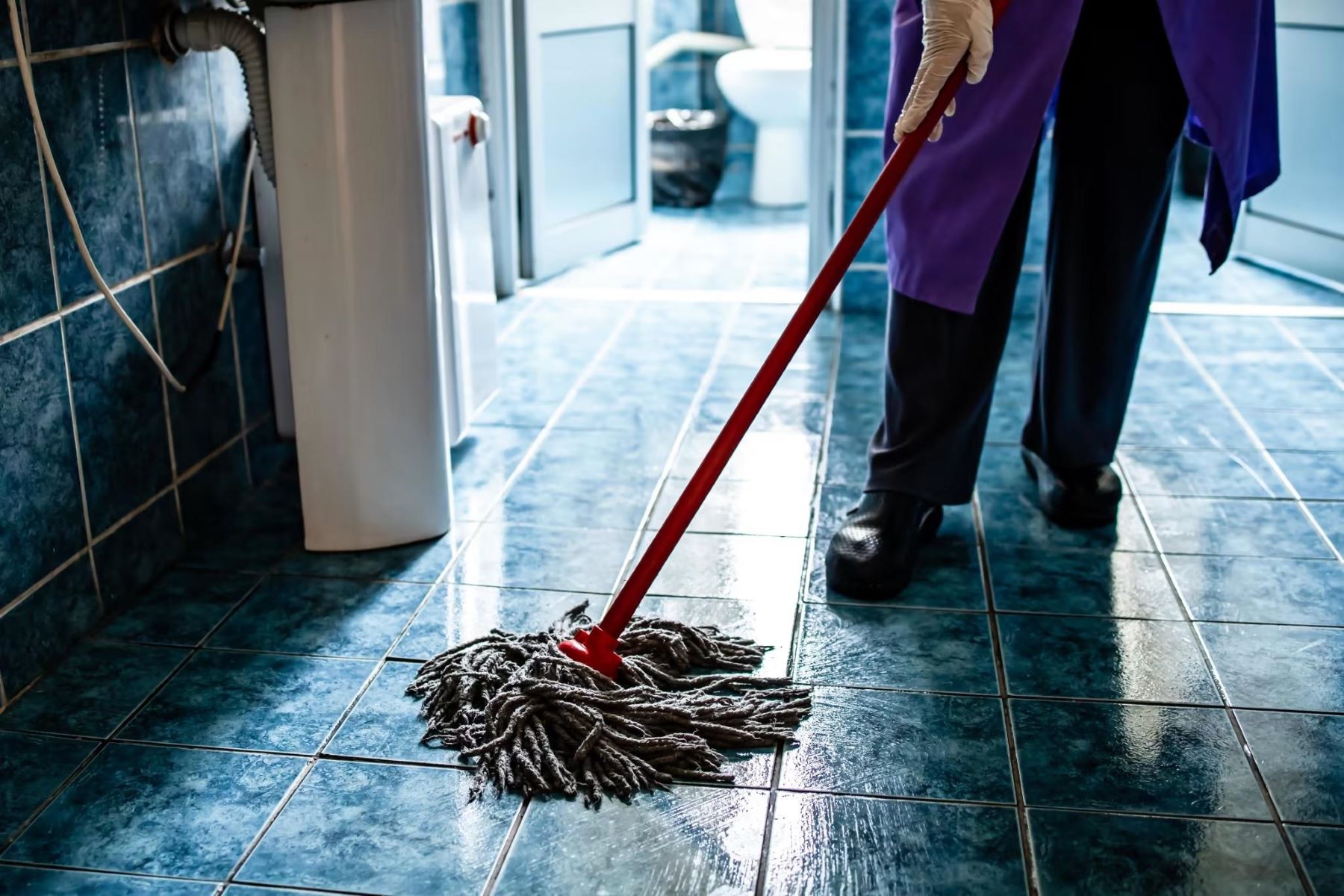

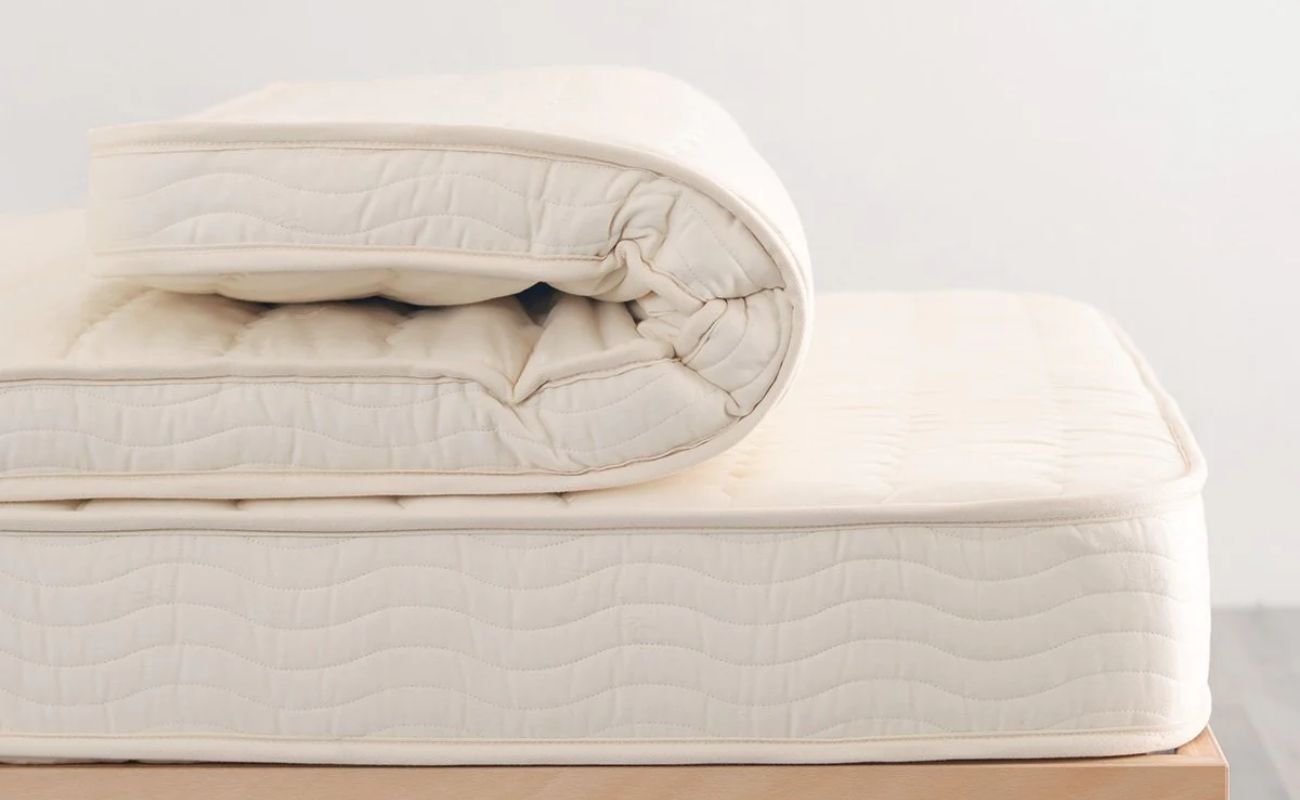
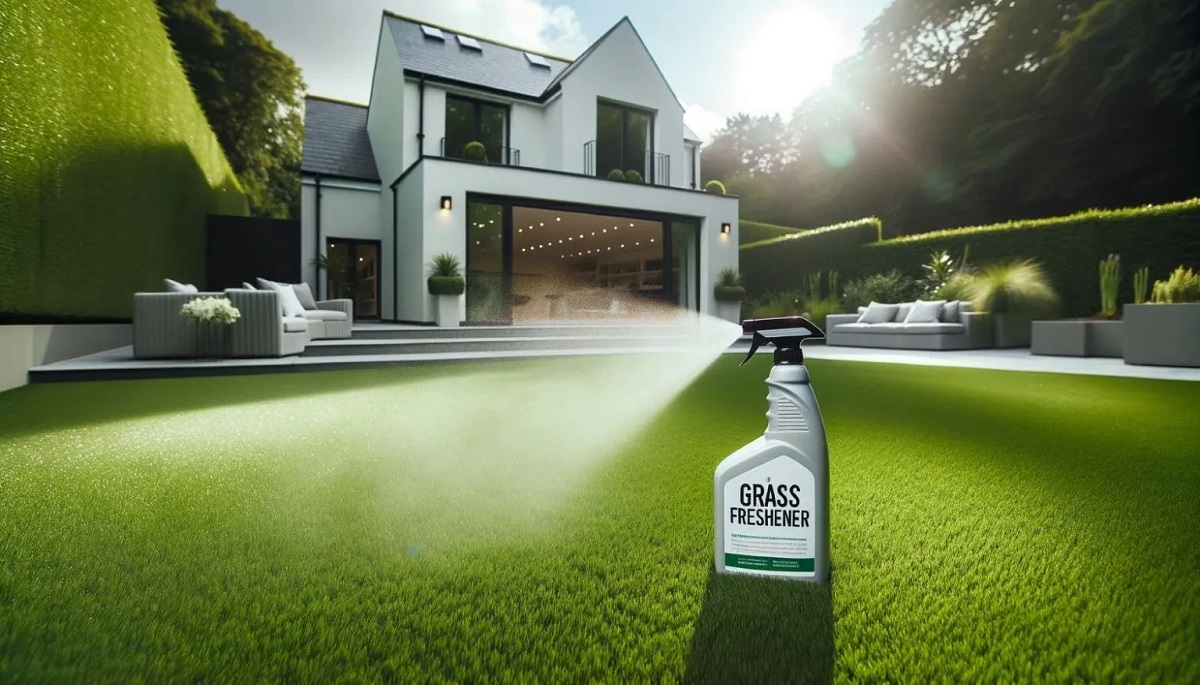
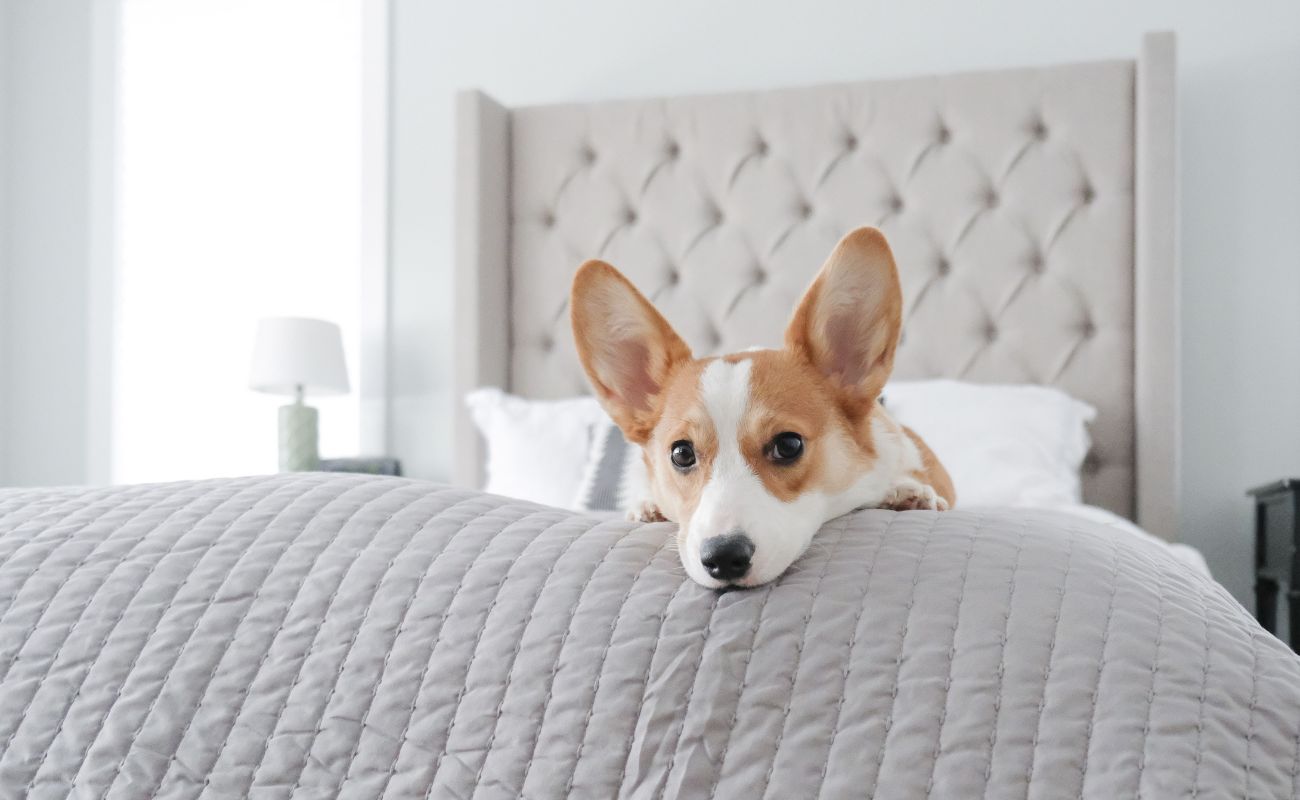
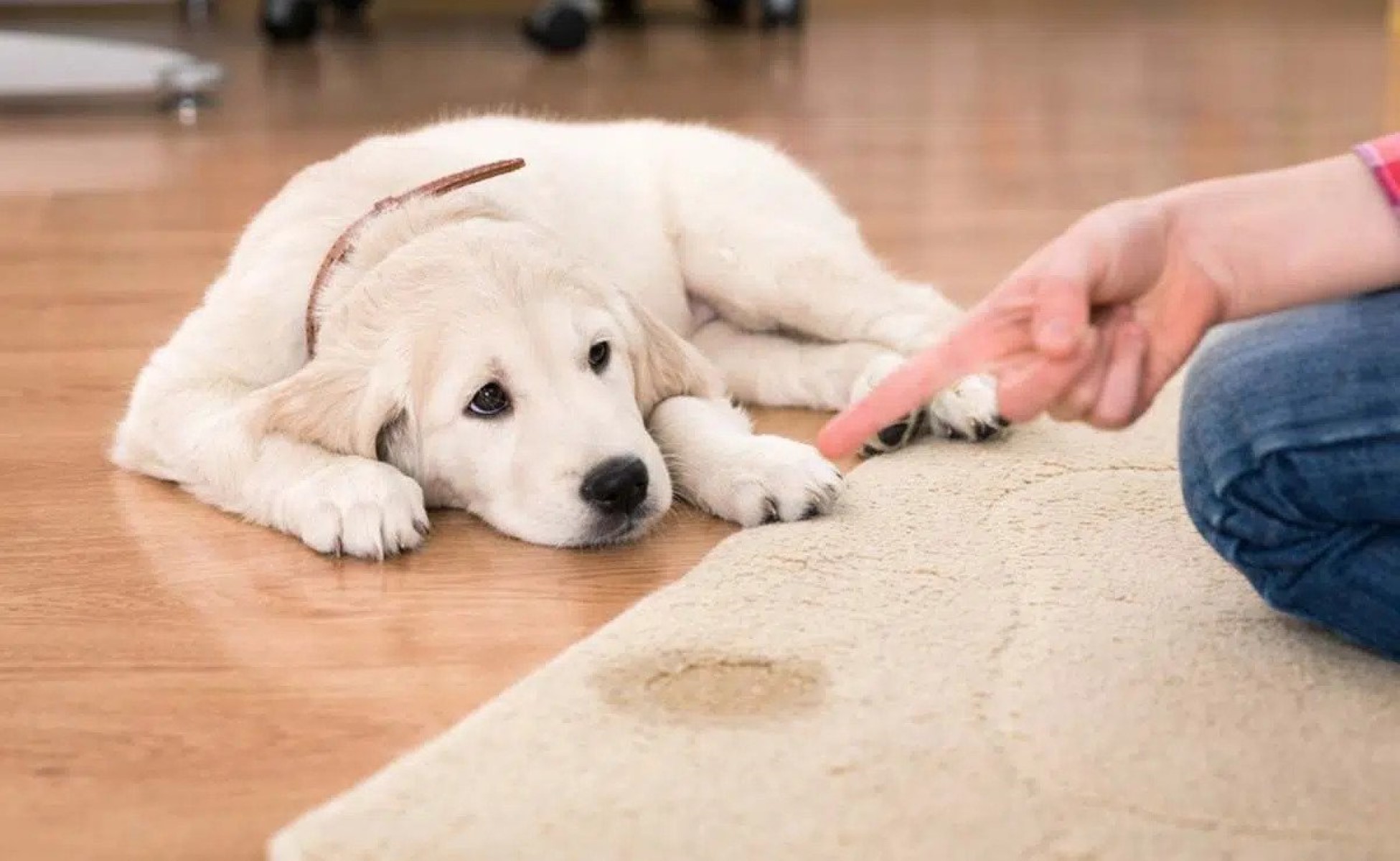

0 thoughts on “How To Get Rid Of Pee Smell On Fake Grass”